very basic water softener questions...
shannonaz
11 years ago
Related Stories
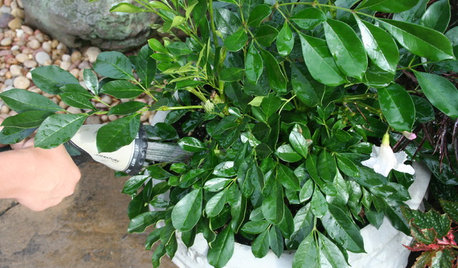
CONTAINER GARDENSContainer Garden Basics: How and When to Water Potted Plants
Confused about soil moisture, the best time to water and what watering device to use? This guide can help
Full Story
GARDENING GUIDESGreat Design Plant: Palo Blanco Softens Sharp Desert Angles
Willowy foliage and creamy white bark give this tree a delicate beauty, but its constitution is tough
Full Story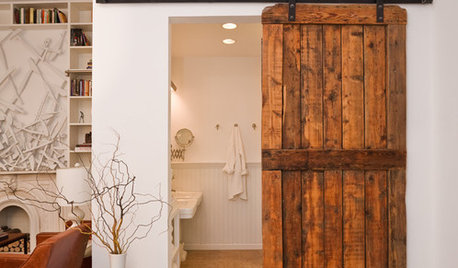
DOORS5 Questions to Ask Before Installing a Barn Door
Find out whether that barn door you love is the right solution for your space
Full Story
KITCHEN DESIGN9 Questions to Ask When Planning a Kitchen Pantry
Avoid blunders and get the storage space and layout you need by asking these questions before you begin
Full Story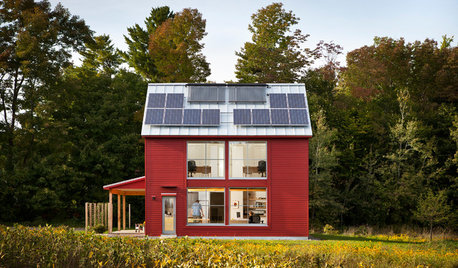
GREEN BUILDINGGoing Solar at Home: Solar Panel Basics
Save money on electricity and reduce your carbon footprint by installing photovoltaic panels. This guide will help you get started
Full Story
REMODELING GUIDESConsidering a Fixer-Upper? 15 Questions to Ask First
Learn about the hidden costs and treasures of older homes to avoid budget surprises and accidentally tossing valuable features
Full Story
GREEN BUILDINGConsidering Concrete Floors? 3 Green-Minded Questions to Ask
Learn what’s in your concrete and about sustainability to make a healthy choice for your home and the earth
Full Story
SELLING YOUR HOUSE15 Questions to Ask When Interviewing a Real Estate Agent
Here’s what you should find out before selecting an agent to sell your home
Full Story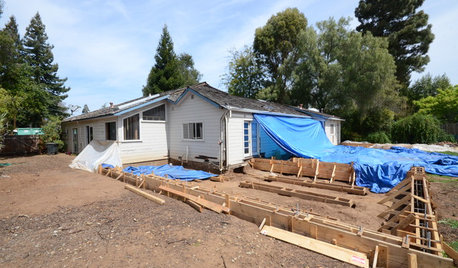
REMODELING GUIDESSurvive Your Home Remodel: 11 Must-Ask Questions
Plan ahead to keep minor hassles from turning into major headaches during an extensive renovation
Full Story
LIGHTING5 Questions to Ask for the Best Room Lighting
Get your overhead, task and accent lighting right for decorative beauty, less eyestrain and a focus exactly where you want
Full StoryMore Discussions






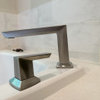
User
shannonazOriginal Author
Related Professionals
Eagle Mountain Kitchen & Bathroom Remodelers · Beverly Hills Kitchen & Bathroom Remodelers · Creve Coeur Kitchen & Bathroom Remodelers · Lisle Kitchen & Bathroom Remodelers · Manassas Kitchen & Bathroom Remodelers · Morgan Hill Kitchen & Bathroom Remodelers · Olney Kitchen & Bathroom Remodelers · Oxon Hill Kitchen & Bathroom Remodelers · Paducah Kitchen & Bathroom Remodelers · Pico Rivera Kitchen & Bathroom Remodelers · Shawnee Kitchen & Bathroom Remodelers · South Barrington Kitchen & Bathroom Remodelers · Trenton Kitchen & Bathroom Remodelers · Vashon Kitchen & Bathroom Remodelers · Gibsonton Kitchen & Bathroom RemodelersUser
User
shannonazOriginal Author
User